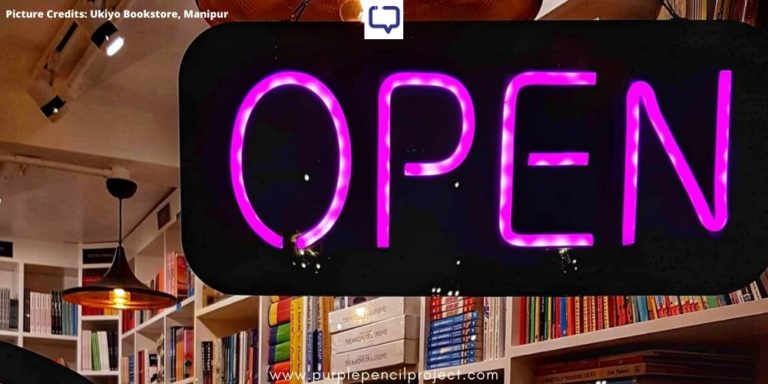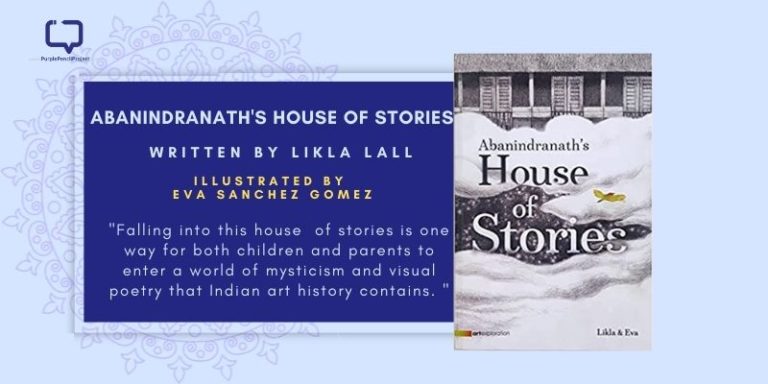As someone who has spent many years in the north-east India, I have long been fascinated by the region’s complex history, its diverse geography and culture, and stories from the northeast. The title From Sylhet to Shillong instantly brought to mind memories of my own drive from Shillong to Cherrapunjee, where, at one bend in the road, you can catch a glimpse of the floodplains of Sylhet.
To truly understand the stories from the northeast and its intricate past, there is no better lens than the life story of Lala B. K. Dey, the last IGP of undivided Assam, as told by his daughter, Bijoya Sawian.
From Sylhet to Shillong opens with a dedication to “all those who are scattered and displaced because of reasons known and unknown.” This poignant tribute sets the tone for a narrative that reflects the region’s troubled history of partition, displacement, migration, and the ongoing struggle for identity and independence.
Lala B. K. Dey’s life stands as both witness to and participant in the social and political changes that shaped the region.
Stories from the northeast: Personal, political, and historic
In From Sylhet to Shillong, Sawian offers a heartfelt, multi-generational portrait of her family, focusing particularly on her father’s enduring legacy. The book is not only a tribute to an extraordinary man, but also a reflection on the values, challenges, and history of a family navigating colonial rule, partition, war, and post-independence India.
Lala Dey’s early years in Sylhet are defined by his deep connection to his community and a strong commitment to justice, qualities that would define his life. Amid the chaos of partition and the subsequent political shifts, Lala remained a symbol of resilience, kindness, and intellectual curiosity. The book also traces the family’s roots, connecting them to Nawab Siraj ud-Daulah of Bengal and highlighting their tradition of intellectual and philanthropic contributions over the generations.
Archiving your family history matters. This book is proof
A key turning point in the family’s history comes with their relocation to Shillong in the early 20th century, during the political changes of British India. Their integration into the Khasi community and the blending of cultural traditions reflect the adaptability and strength of the family. Lala Dey’s personal journey becomes even more compelling as we learn of his bravery during World War II, especially his role in defending Kohima and Imphal. His later career in the police force, where he played a critical role in managing border security and negotiating peace during the Naga insurgency, showcases his leadership and commitment to the region.
Sawian also highlights her father’s deep empathy, especially in his relationships with the Mizo community and his leadership during the 1965 Indo-Pak War. The book concludes with a moving reflection on Lala Dey’s peaceful retirement in Shillong, where he found solace in nature, horses, and close family bonds. The emotional recounting of his final days and passing adds a poignant and heartfelt ending to the story.
From Sylhet to Shillong holds significant archival value, thanks to the inclusion of photographs that enrich the narrative—ranging from intimate portraits and wartime images to pictures of Lala Dey with the Naga community and snapshots from his public life after retiring.
The book also features poems by Sawian’s great-grandfather, Lala Prasanna Kumar Dey, and heartfelt tributes from friends and family.
Though deeply personal, the book is a valuable resource for anyone interested in the region’s history. Through the lens of one man’s life, Sawian offers a rich and intimate perspective on socio-political dynamics of the country’s north-east.
As C.S. Lewis once wrote, “The human spirit is stronger than anything that can happen to it. In displacement, we are not broken; we are reshaped and redefined.”
This sentiment is evident in the life of Lala Dey, whose strength and resilience shine through in every page of the book. From Sylhet to Shillong is a lovely memoir that combines personal stories with historical context. Through themes of resilience, cultural pride, and the enduring bonds of family, it offers a moving portrait of a remarkable man and the lasting legacy of love and duty he leaves behind.
Favourite Quote
“This is the story of a man who held Duty above all else. Duty to the country, the people—regardless of class, colour, caste and creed; to the family—which included not only his parents, wife and children but his siblings, nieces and nephews on both sides of the family and to the helpless and needy. He was the one who loved to ride either alone or with like-minded companions deep into the silent forests, where he restored his clarity and composure, thus gaining wisdom and strength from the abundance of the natural world and the voice of his own conscience. He rode in the sunshine and in the storm with equal ease.
From Sylhet to Shillong, he bore the journey and life’s challenges and excitement with true grit and gratitude. He embraced all the new cultures and presences as only he could. He was my father, Lala Bimalendu Kumar Dey.
This is his story.”



















